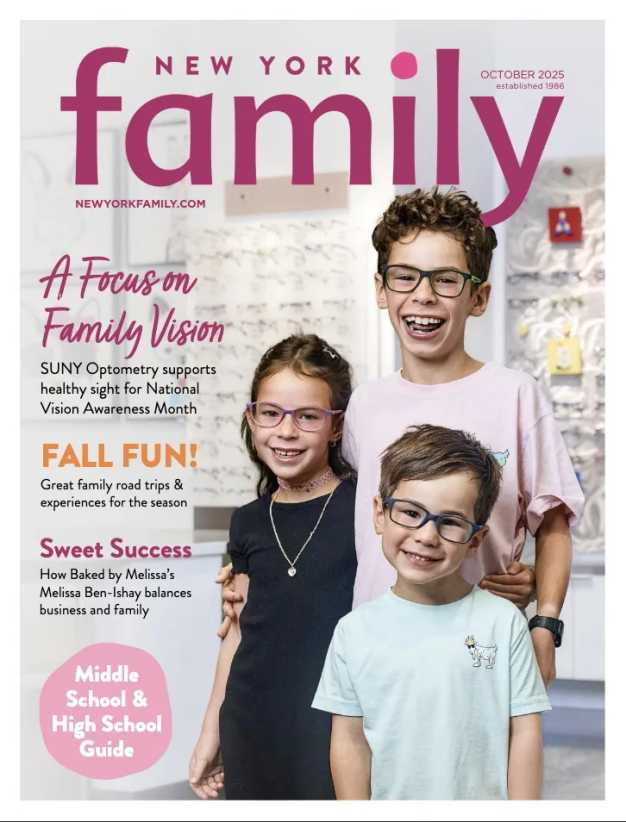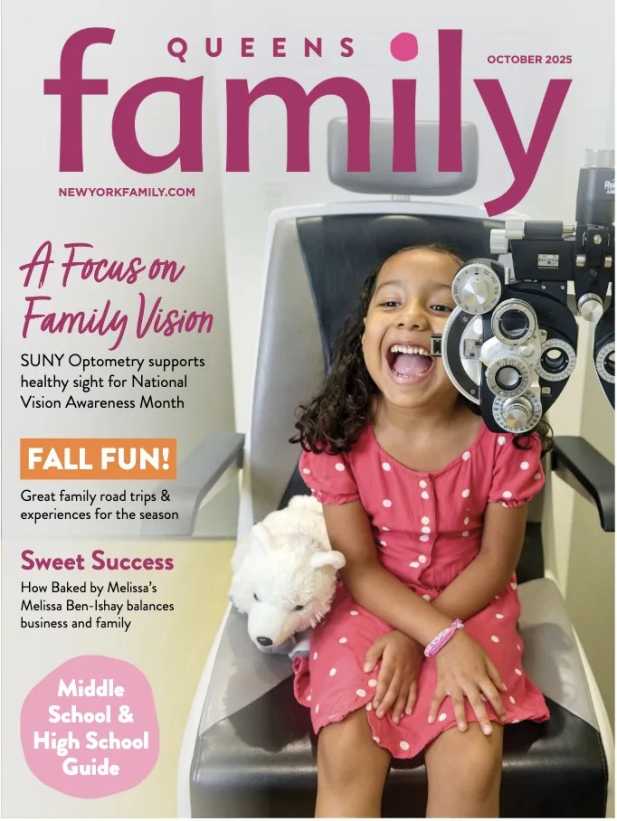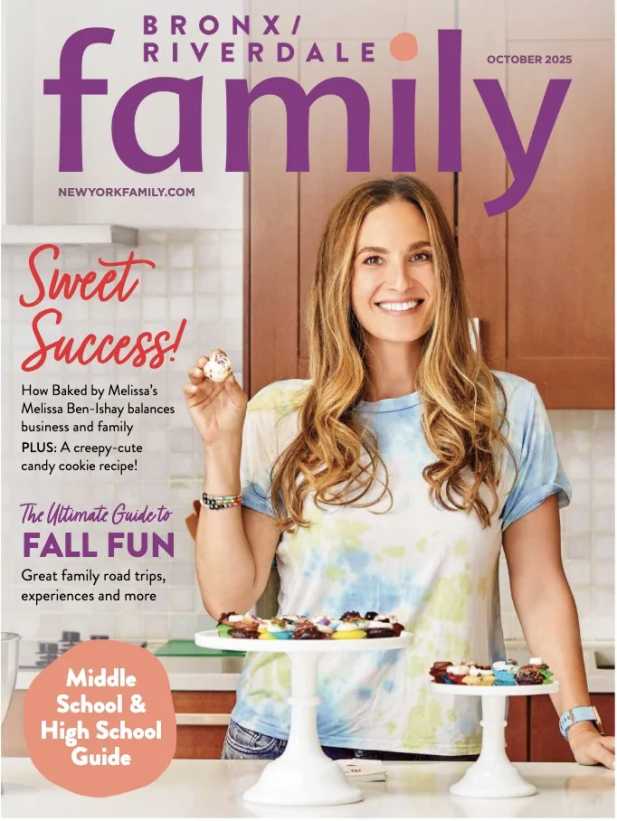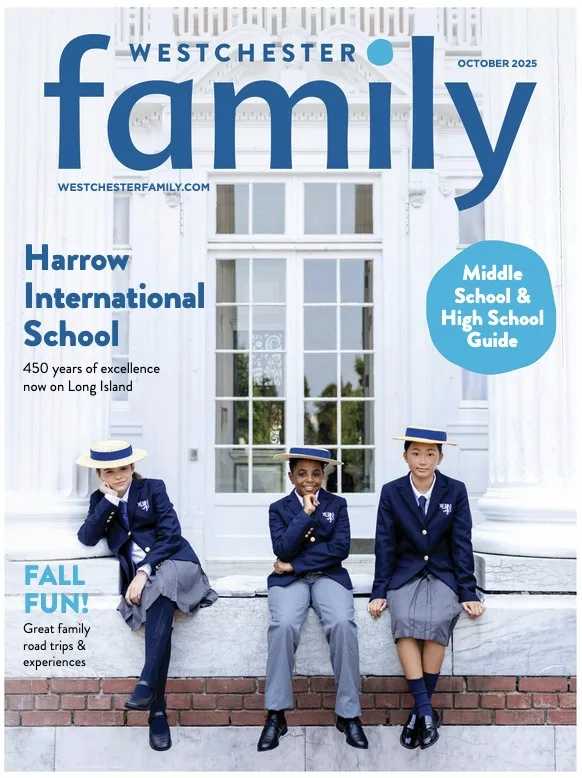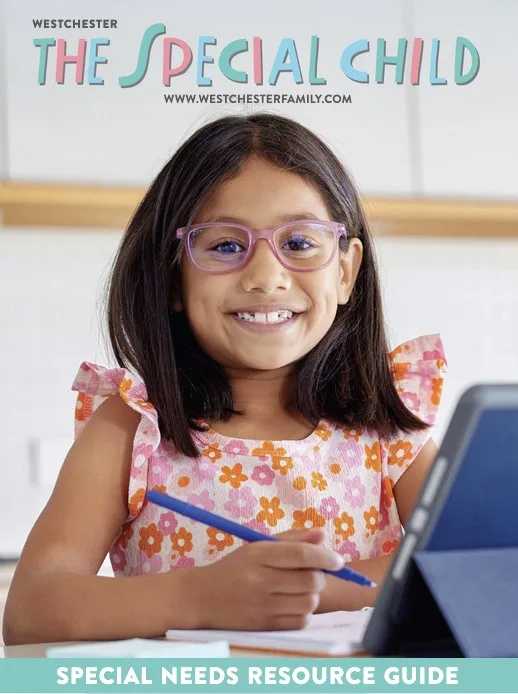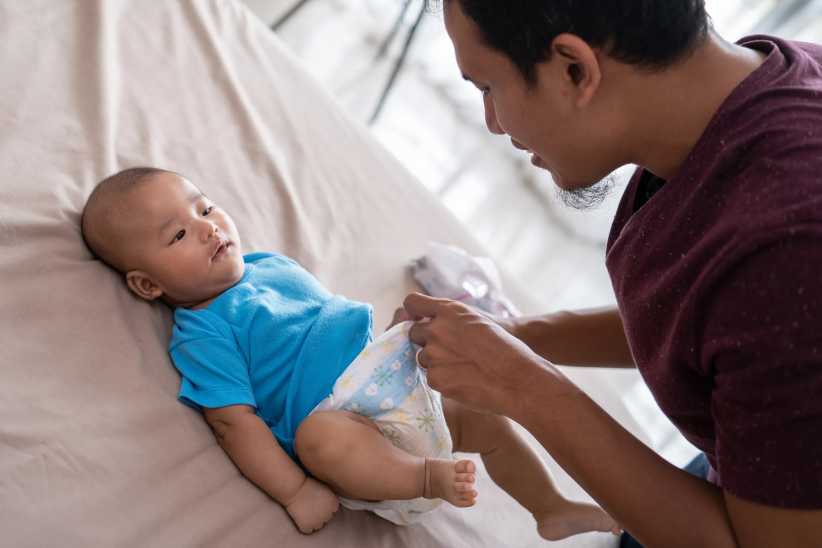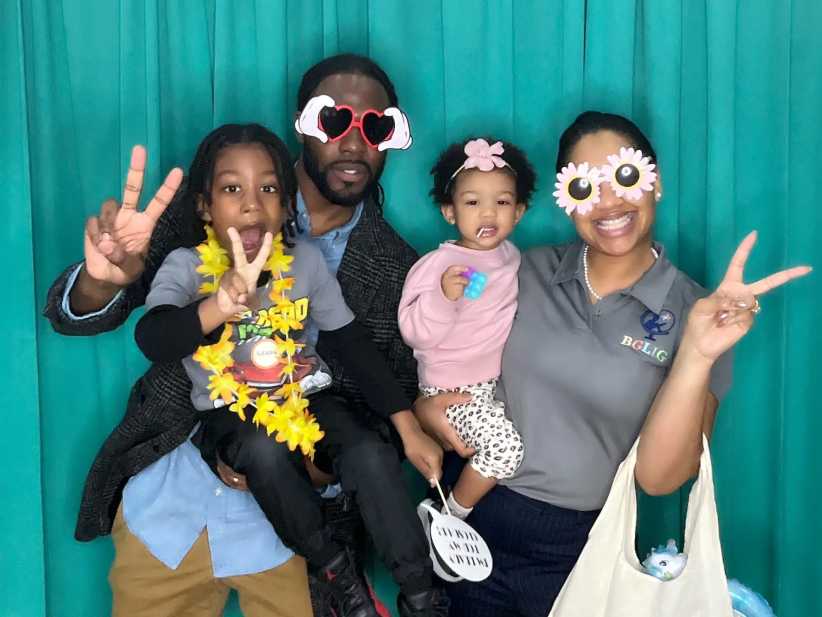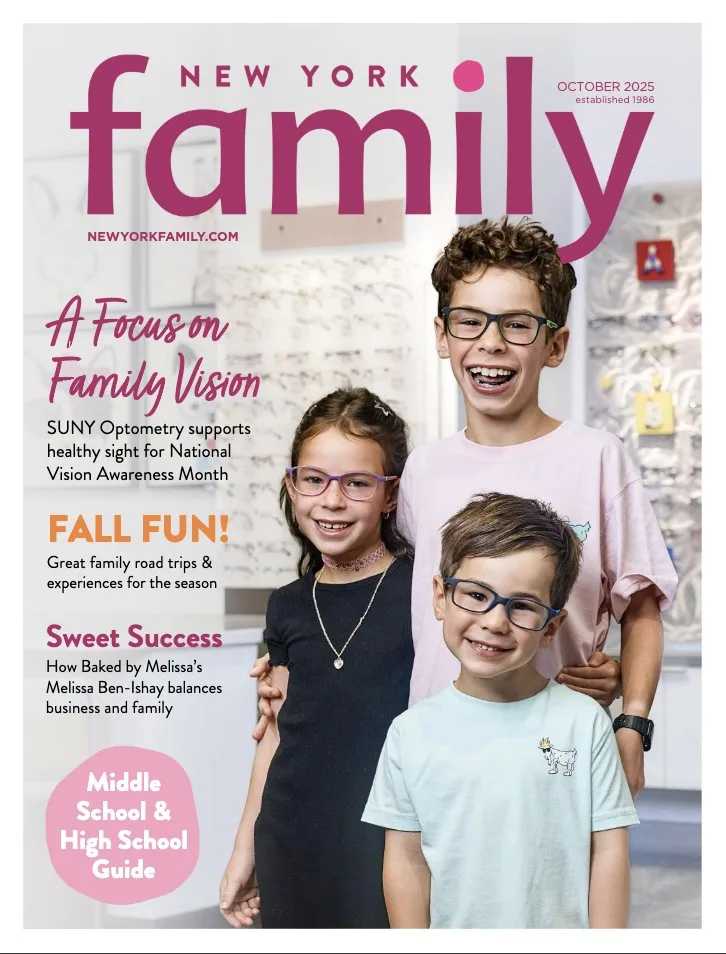
Teaching Kids to Manage Gift Disappointment
It’s every parent’s worst nightmare: you’ve spent hours scouring your child’s wish list to choose the perfect present, hunt it down in the store or online and wrap it immaculately, only for them to not like it when they open it.
Or, they’re less than thrilled with their present from grandma this year– and they not-so-eloquently let her know in front of her.
While they’re not the most important part of the holiday season, gifts find their way into plenty of holiday celebrations this time of year. And kids love getting presents; when they don’t like a present, they’re not always the best at keeping that a secret.
It can be embarrassing as a parent when this happens, whether your child is rejecting your present or a present from another relative.
We sat down with Raluca Zagura, mother of two, certified Hand in Hand instructor and founder of Parent by Connection, about what parents can do to help teach their kids to manage gift disappointment (and how to navigate it themselves) this holiday season.
What can parents do before the holiday season to try to get out ahead of gift disappointment?
This is such a good question, especially as the holiday season can be an emotionally loaded time of year, filled with excitement and expectations.
In these circumstances, it can be really challenging and even painful to be faced with our kids’ disappointment.
We put a lot of time and effort and thinking into the gifts we are offering them, and it can be difficult when we are met with “It’s not what I wanted!”, “I always get rubbish presents…”, a lack of enthusiasm, or just the disappointment on our kids’ faces.
A great place to start getting ready for gift disappointments is to expect them to happen. They are both unavoidable and a totally acceptable part of parenting. They are not a sign that there is anything wrong with you or your child.
And when we expect disappointments to happen, we are prepared and ready, then they do happen.
Something else can can do to better prepare ourselves is to find a friend or listener that we trust, who will listen without judgement or advice, and ask them to listen to us. We can also try using a journal.
Then, take a bit of time and imagine possible scenarios ahead of time. We can imagine, for example, that we are all together, we’re excited for our child to open the presents, they’re excited to open them, the wrapping paper gets torn and the present is revealed, and then we hear ‘This is not what I wanted!’.
What are the feelings that come up inside of us in that moment? What do we feel like doing or saying? Is such a situation familiar to us in any way? Have we ever expressed disappointment about a present when we were a child? What happened if we did, or what would have happened if we had? Explore these questions with your listener and share what they bring up for you or write in a journal.
Disappointment weighs heavy on us depending on how we experienced it growing up. And when our child shows disappointment about a gift we put our heart and soul into, it can bring up our own stored feelings about this topic from our childhood.
Offloading painful feelings to a trusting listener is healing. And doing so ahead of the holidays helps us get ready for what the holidays might bring, and will increase our capacity to allow, accept and hold space for our kids’ possible disappointment.
Empathy is a big part of curbing gift disappointment. How can parents model or practice empathy with their young children, all year but especially in the lead up to the holiday season?
We are often led to believe that gift disappointment is a sign of a lack of empathy. Today though, I’d like to invite parents to look at disappointment through different lenses.
Children dream big and are full of hope, and this means they experience tiny or big disappointments quite frequently. And if they’re not expressed, these disappointments are stored inside, where, together with other hurts, they build a big pile of troubling feelings, which can get really heavy.
During the holidays, because we spend more time with our children, they feel our caring and attention more intensely. When this happens, they feel safe and connected, which is a great environment to get rid of that heavy pile of old disappointments and hurts that often cloud their judgement.
Children love being in good relationships with those around them and love to feel connected to them. But troubling or painful feelings prevent them from feeling connected to us, and they really don’t like feeling disconnected.
So they will use an opportunity when warmth, safety, and attention are shined upon them to release and heal from those troubling emotions, so they can feel connected to us, again, and feel good about their relationships and their life.
And sometimes presents will be the perfect pretext to do so.
There will be occasions when our child is indeed disappointed in the gift. But if that pile of troubling feelings isn’t there, they will tell us about their feelings and hopes, expressing this disappointment instead of storing it inside and building up a pile.
Yet these are not the moments that are tricky for us as parents.
It’s when our kids’ reactions seem “out of proportion” that give us a hard time. These reactions are our sign that there’s a heavy pile of troubling feelings stored inside, and our child wants to get rid of it and do some ’emotional cleaning.”
Rest assured, if your child shows strong disappointment, it is not a sign that they lack empathy or are spoiled or ungrateful, nor that you did anything wrong as a parent. You are a good parent, and your child is good, doing the smartest thing they can do to heal from painful feelings: letting them out of their nervous system.
As you listen to them with empathy and warmth, those troubling feelings come out, and your love goes in. And when children experience empathy this way, they can continue to have empathy.
Even with the best of attempts to curb it, gift disappointment is sure to happen from time to time. How can parents handle it in the moment?
Spot on question, because handling it in the moment can feel really tricky, as there are quite a few things to manage at the same time: your child’s reaction, your own feelings and reactions, and possibly other people’s reactions too (depending on who is present around).
The first thing to do to be able to manage the situation is to make sure we are grounded and clear-thinking. If we’ve been able to work on our own expectations and feelings beforehand, this step might feel a bit easier than otherwise.
If we didn’t get a chance to work on our expectations and feelings beforehand, what we can try is to take a moment to remind ourselves “This is normal behavior, it doesn’t mean anything about my child or about me as a parent. I am good, my child is good.”
The next thing to do is not what we might expect, have experienced, or have been told. Because the next step is to listen to our child and allow them to express their feelings. They know our rules and values and don’t need a lecture or scolding or a reminder.
Their thinking is clouded by painful feelings that need to be released in order to heal emotionally. So we stay close to them, we offer our attention and warmth, maybe a gentle touch or eye contact, and we say very little, “It’s not what you wanted.”, “I hear you”, or “I know”.
Depending on the situation, we might want to suggest to our child to come with us to a different room, “Let’s go into/to the kitchen so you can tell me more”.
This allows them to continue the emotional healing while not putting other people present in the room through a hard time (as listening to a child’s emotional release can be very uncomfortable to people not familiar with this process).
If we can listen until the emotional healing process ends, we are sure to have a child who’s thinking more clearly, who feels connected to us and who feels good about their life. We might even hear afterwards “Actually, I quite like my present, I can’t wait to try it!” or a genuine “Thank you!”.
When kids act out over something like not getting a gift they wanted, it can be easy for parents to feel disappointed. How can parents handle their own embarrassment and emotions in situations like this?
Absolutely, this type of situation can bring up so many feelings, like embarrassment, shame, guilt, anger, helplessness or frustration.
Know that all these are normal and safe feelings to have. We don’t have to act on them, we don’t have to fight them off or try to make them go away. We can notice them in our body and acknowledge them, “I feel anger” or “Oh, some guilt came up for me.”
Allowing our children to have their feelings, and allowing ourselves to have our own feelings, takes away the pressure of having to “fix” the situation. There’s nothing to fix because there is nothing wrong with you or your child.
And sometimes, having a mantra prepared can really help us parents in the moment. It can be something like “I’m still a good parent,” “My child is good,” or “My child is having a hard time and needs me.” Anything like this can help us stay grounded.
Later, we can go back to our trusted friend or listener and share this moment with them, talk about how we felt and release the emotions that had come up for us.
If we know other people will be present when gifts get unwrapped, we can again prepare for what to say to them in case disappointment comes up: “We’re having some technical difficulties here, we’ll be right back” or “I’ve got this.” This lets them know that we understand what’s going on and we can handle it.
After a moment of gift disappointment, how should parents handle the situation with their children?
We have been told that after a child “misbehaves,” we need to talk to them, lecture them, and make sure we teach them “a lesson.” This makes the assumption that children “choose” to misbehave.
The truth is, that children hate it when they misbehave, they often feel ashamed or scared, and they would much rather not do that.
They already know how to love and how to cooperate with those around them, and they know good manners and how to show their appreciation, even when they behave entirely irrationally.
If they do so, it’s because their nervous system is overwhelmed with feelings and they need to release some of that emotional load in order to think well again.
Listening to them as they offload troubling feelings gives them the opportunity to heal and gain back a clear thinking. That’s all they need from us.
Allowing children to express their disappointments when they are young doesn’t mean they will turn up as teens or adults doing the same!
On the contrary, making sure disappointments are expressed when they are young instead of stored away, means they will have less of an emotional ‘backpack’ to unload when they are older.
This is not rewarding “bad behavior,” but supporting the natural emotional healing process our children need to go through to become empathetic, considerate, and resilient.
How can parents help their children focus on the true spirit of the holiday season, rather than on receiving gifts?
This is a beautiful question, and I love that you brought up the “true spirit of the holiday season.” And I think this question voices parents worry that their children could become too focused on what gifts they’ll receive and dismiss or forget the “true spirit” of the holidays.
The thing is, the “true spirit” might differ from family to family. Giving and receiving gifts can be a part of it. And when children experience the joy of receiving a gift, they can better understand how others might feel when they themselves offer presents.
And I think that remembering and being intentional with what is important for us, as parents and as a family, can help a lot. Tapping into what our values are, what matters to us, and what we want our children to remember from these holidays.
And when we take time to remember our values, when we live what ‘the true spirit’ means to us personally, that’s when our children will notice and absorb our values and ‘the true spirit’.
Psst… The Whitney is expanding their free admission offerings in January 2024!
